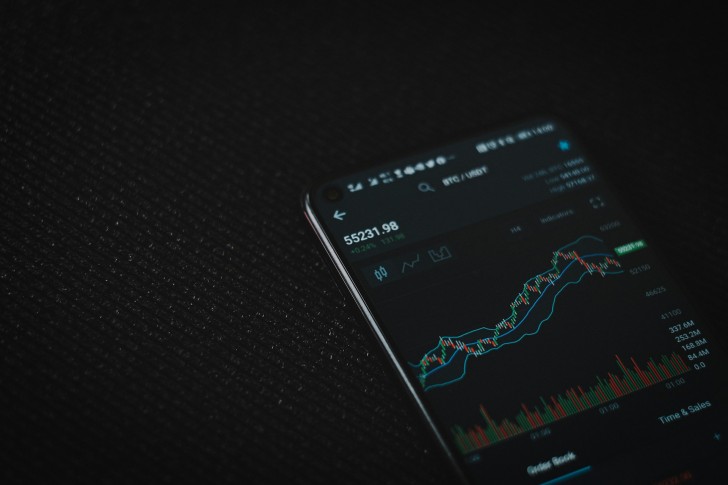At the heart of it, it’s just exchanging one currency for another and hoping to make something out of the changes in value. That’s the simple version. The reality is way more complex, and honestly, a bit messy at times.
For anyone curious where this stuff actually happens, the entry points are usually broker websites or apps. A quick look here shows the kind of setup traders bump into charts, accounts, numbers moving all the time. Not promoting a specific one, just pointing out how the doors usually look if you’re thinking of stepping in.
Why Forex Feels Different
Unlike stocks, where you’re often tied to one company’s results, forex is about whole economies bumping against each other. The market doesn’t wait for anyone. It runs nearly 24 hours because when New York slows down, London or Tokyo is already wide awake. For some, that’s thrilling; for others, it feels exhausting.
And then there’s leverage. It sounds great, small deposit, bigger position but it cuts both ways. That’s why plenty of beginners get burned. Gains can be quick, sure, but so can losses.
What People Watch All the Time
Currencies don’t move randomly, though it might look like it. Traders usually keep an eye on:
- Central banks announcing rate changes
- Inflation or unemployment data
- Elections, policy shifts, or sudden conflicts
- Big global shocks, like pandemics or energy crises
- What the “big money” players seem to be doing
Sometimes one headline flips the market upside down in minutes.
The Learning Curve Is Real
A lot of new traders jump in thinking it’s fast money. Watch a few videos, read a blog, open an app and boom, they’re ready. But reality hits quickly. Losses pile up if you don’t manage risk. It’s less about finding a “secret strategy” and more about patience and survival.
People with experience often sound boring when they talk about routine: setting risk levels, limiting how many trades in a day, not staring at the screen 24/7. But that boring stuff is usually what keeps accounts alive.
How It Shows Up in Daily Life
Funny thing most people deal with forex without realizing it. Ever exchanged money at the airport? That’s forex at the simplest level. Traders are basically doing the same thing, just digitally, on a bigger scale, and way faster.
That’s maybe why forex feels a bit more grounded than some other investments. Currencies reflect what’s happening in economies. If a country’s struggling, its currency often shows it. If it’s booming, same thing.
Tech Is Changing the Game
Trading isn’t stuck in the old days. Apps make it possible to check charts while waiting for coffee. Algorithms and AI tools are creeping in too, spitting out signals or even making trades automatically.
Still, no matter how shiny the tools get, the old problems stick around. Overtrading, chasing losses, ignoring risk technology doesn’t fix those. That’s on the person behind the screen.
Wrapping Up
Forex trading isn’t some golden ticket, but it’s not a scam either. It sits somewhere in between: open to anyone, but harsh if you walk in unprepared. For some, it becomes a side hustle. For others, it’s a full-time commitment.
At the end of the day, it’s not about predicting every twist. It’s about managing the chaos, accepting that wins and losses are both part of the deal, and not letting emotions run the show.
 Editorial staff
Editorial staff

 Editorial staff
Editorial staff


